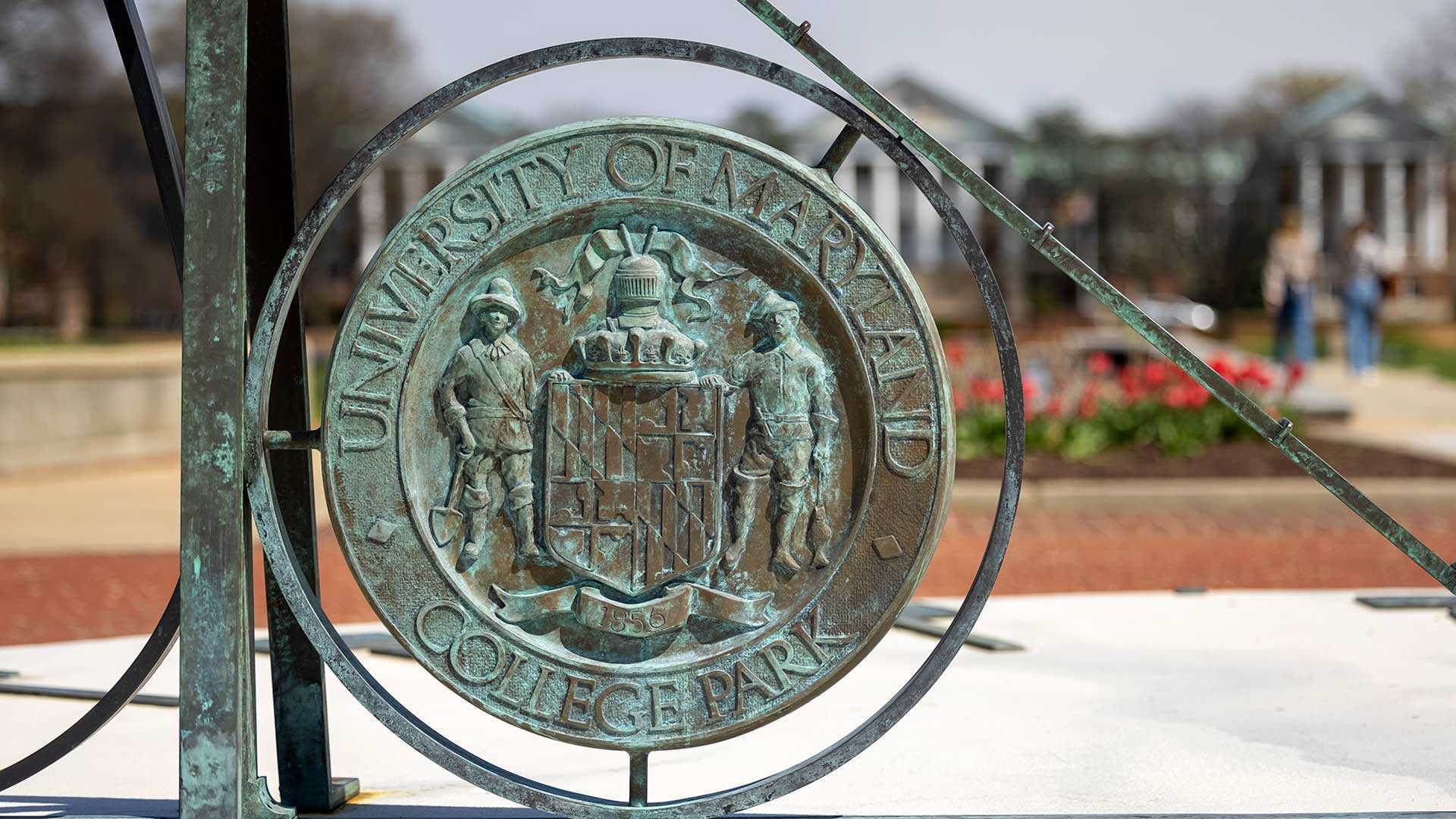COLLEGE PARK, Md. - As the nation prepares for the next presidential election, University of Maryland experts are studying how misinformation spreads and impacts American democracy, as well as developing steps people can take to avoid falling for falsehoods.
Misinformation refers to incorrect or misleading information, while its more sinister cousin, disinformation, is false information deliberately spread to influence public opinion or to suppress the truth. Both have flourished on social media and elsewhere and eroded trust in recent elections. Now, lawmakers and a range of experts and officials are concerned about the country’s preparedness for disinformation from foreign and domestic sources in the coming months.
The following UMD faculty members are available to discuss their work and expertise around mis- and disinformation with the media:
Media literacy, weaponization of mis- and disinformation - Susan Moeller, Philip Merrill College of Journalism (video)
Search engines and mis- and disinformation - Daniel Trielli, Philip Merrill College of Journalism (video)
Russian propaganda, conspiracy narratives as a force in U.S. politics - Sarah Oates, Philip Merrill College of Journalism (video)
Embedded-AI and smart devices to identify tampered audio-visual content - Nirupam Roy, College of Computer, Mathematical, and Natural Sciences (video)
Election integrity - Paul Brown, School of Public Policy
Detecting disinformation, especially during elections, protests, social unrest and disasters -Cody Buntain, College of Information
Tools for middle/high school teachers and students to detect disinformation, confront science denial - Doug Lombardi, College of Education
How young people evaluate misinformation, classroom tools to find credible information - Sarah McGrew, College of Education
How social media algorithms can be exploited to spread misinformation and fuel extremism - Jennifer Golbeck, College of Information
Please contact mediainfo@umd.edu for more information or help setting up an interview.

